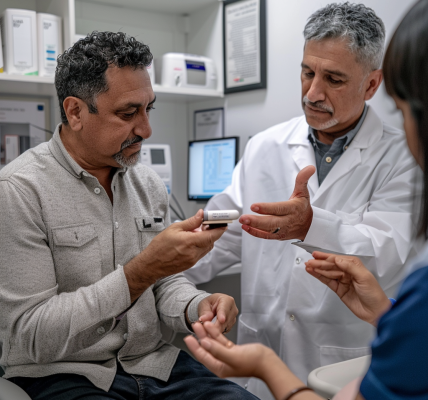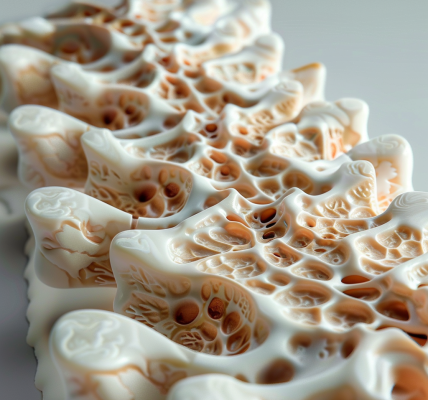Living in a big city may come with its drawbacks, as a new study suggests that excessive exposure to bright outdoor lights at night could increase the risk of stroke. The research, involving over 28,000 individuals in a large city in China, revealed that those with the highest levels of artificial outdoor light exposure at night faced a 43% higher risk of developing cerebrovascular disease, including stroke, compared to those with lower levels of exposure.
Prior studies have already established a link between heightened exposure to artificial light and the development of cardiovascular diseases. However, this recent study delves into the connection between nocturnal light and brain health, shedding light on potential risks associated with excessive outdoor artificial light exposure.
Dr. Jianbing Wang, co-author of the study and a researcher at the departments of public health and endocrinology of the Children’s Hospital, Zhejiang University School of Medicine, and the National Clinical Research Center for Children’s Health in Hangzhou, China, emphasized the study’s implications, stating that higher levels of exposure to outdoor artificial light at night could pose a risk factor for cerebrovascular disease. He urged individuals, particularly those residing in urban areas, to consider minimizing their exposure to safeguard their health.
The findings, published in the American Heart Association journal Stroke, underscore the prevalence of light pollution, with approximately 80% of the global population residing in light-polluted environments. This widespread exposure to artificial outdoor light at night highlights the need for further research and public awareness regarding the potential health implications.
As urbanization continues to expand, the implications of excessive outdoor artificial light exposure on public health warrant attention. With the prevalence of light pollution affecting a significant portion of the population, understanding the potential risks and taking measures to minimize exposure becomes crucial for promoting overall well-being.





